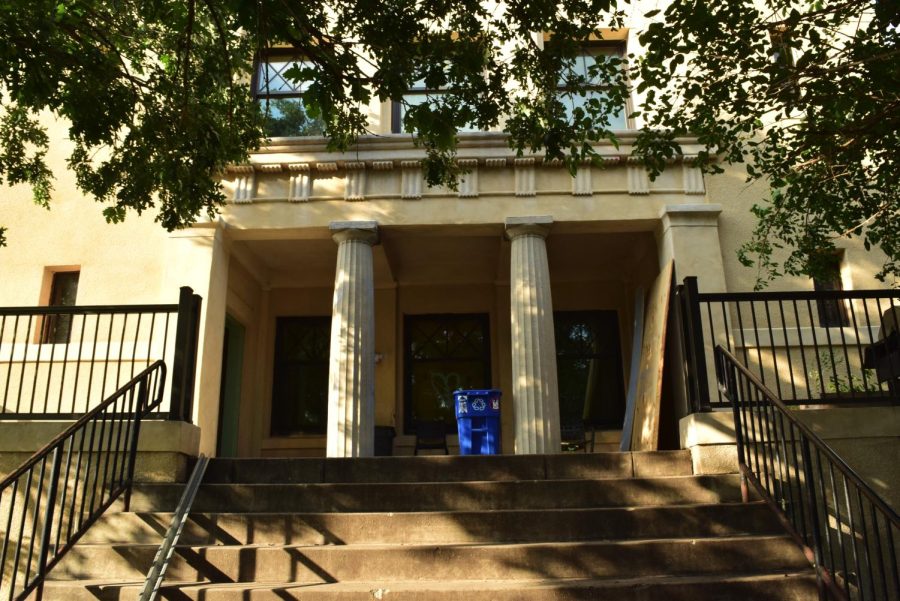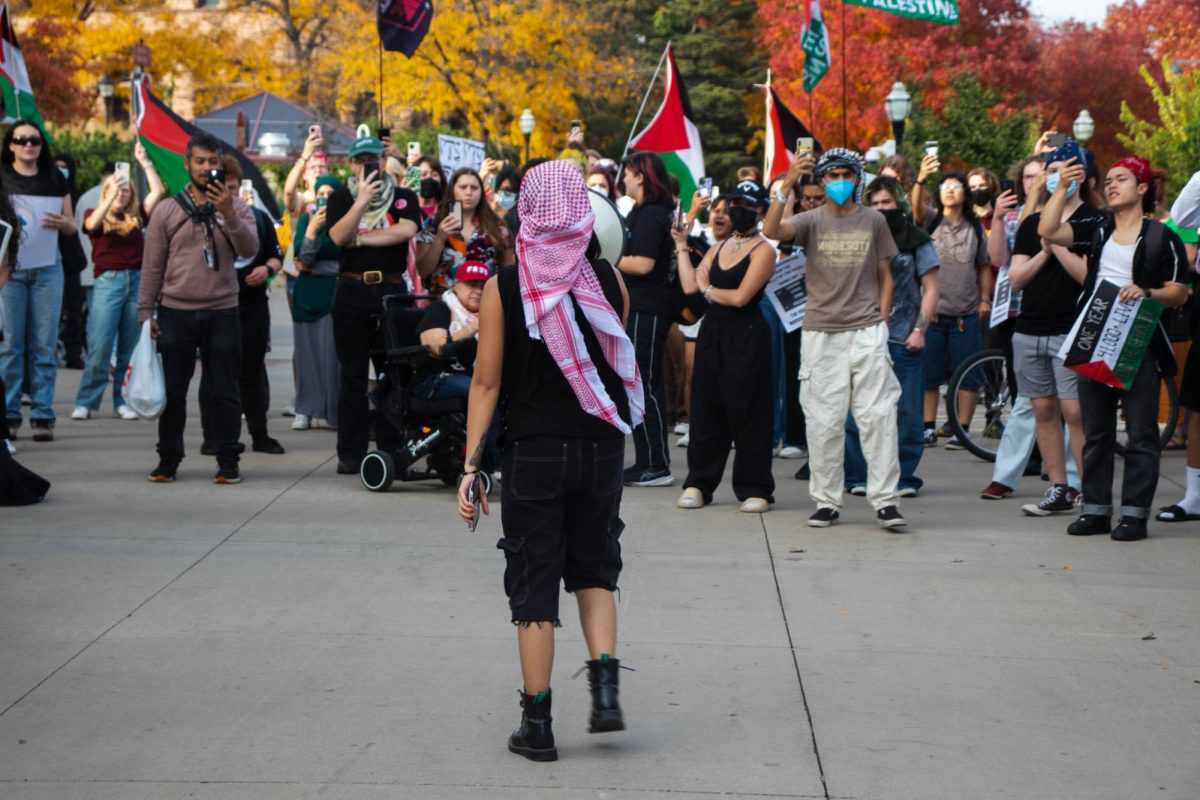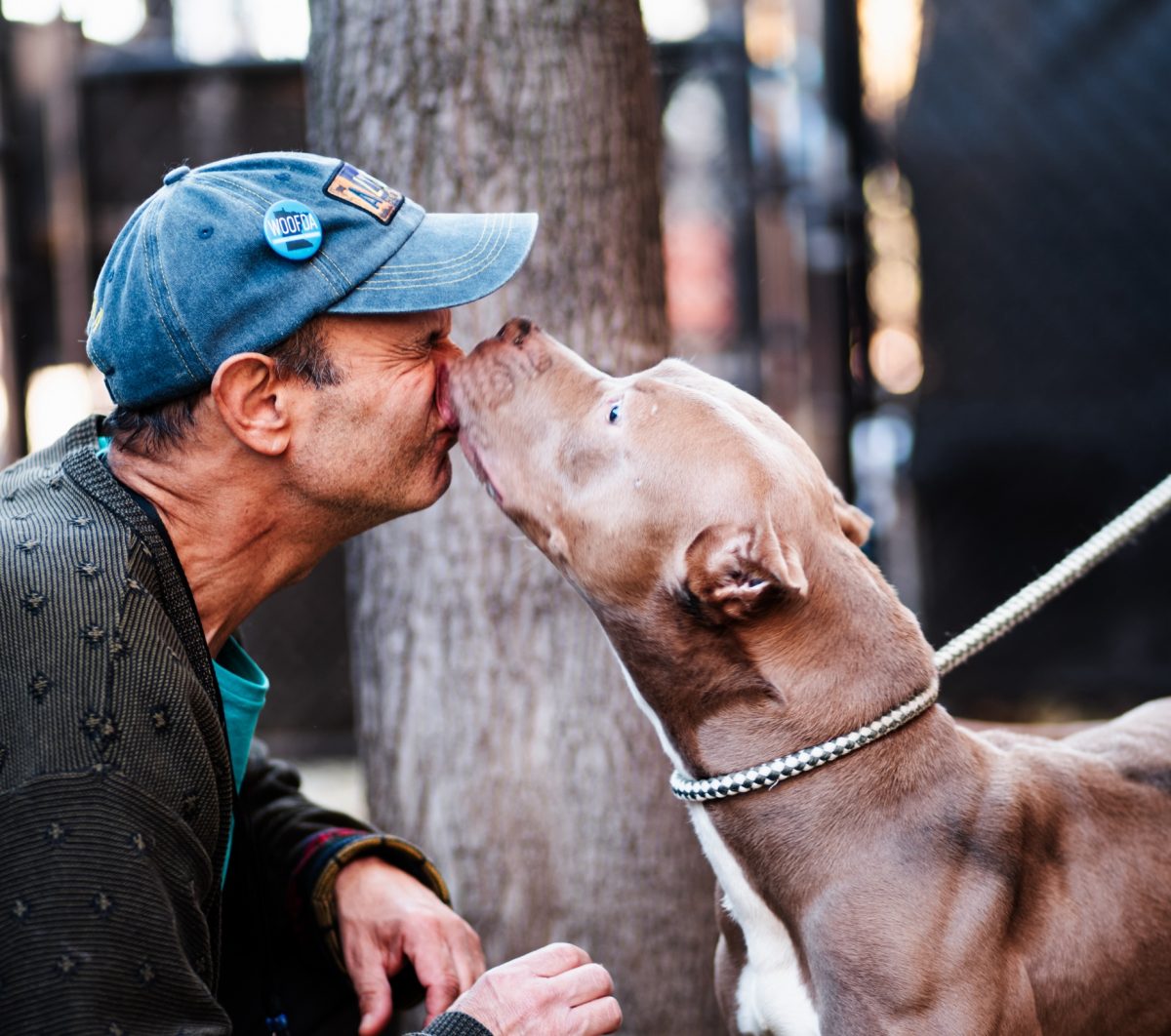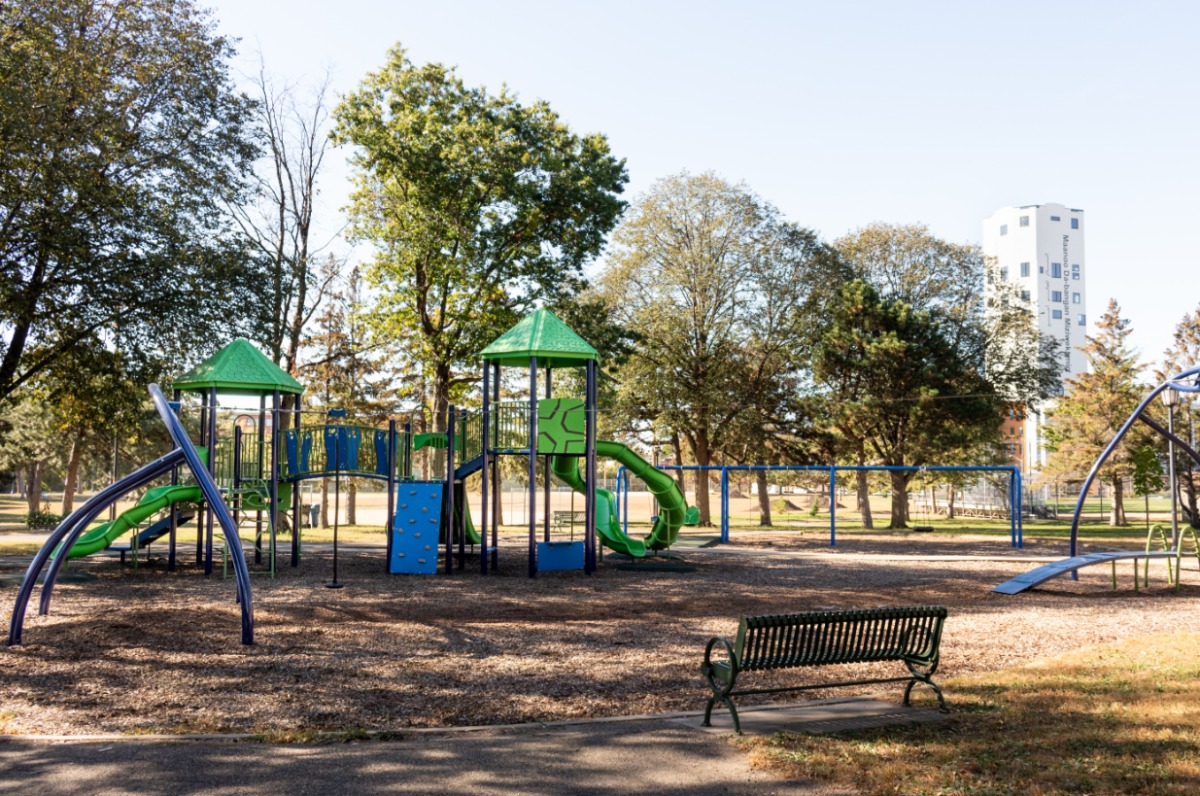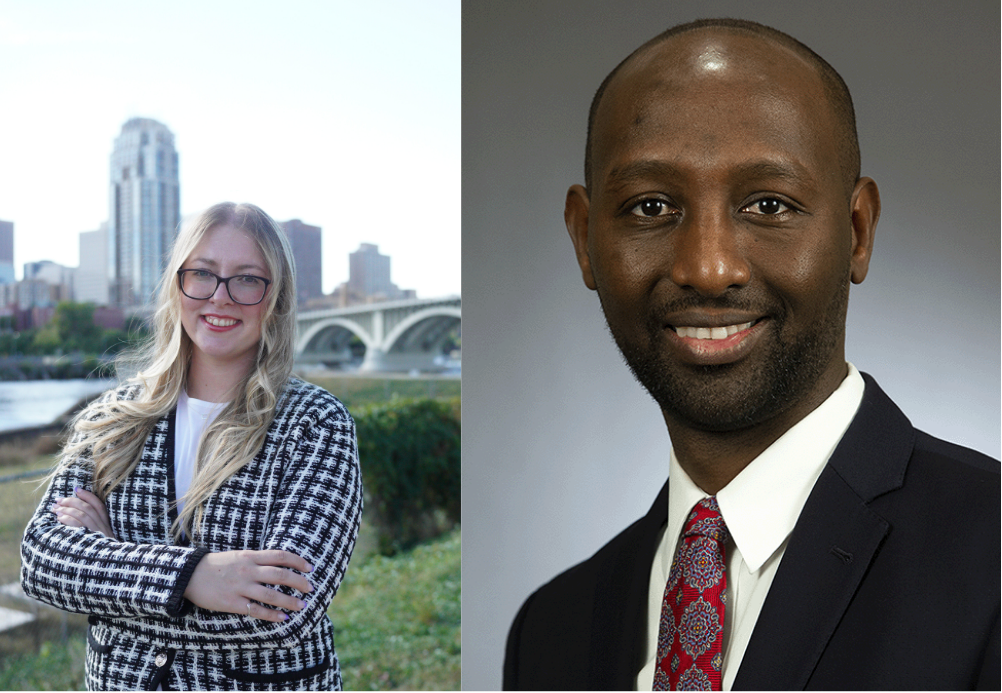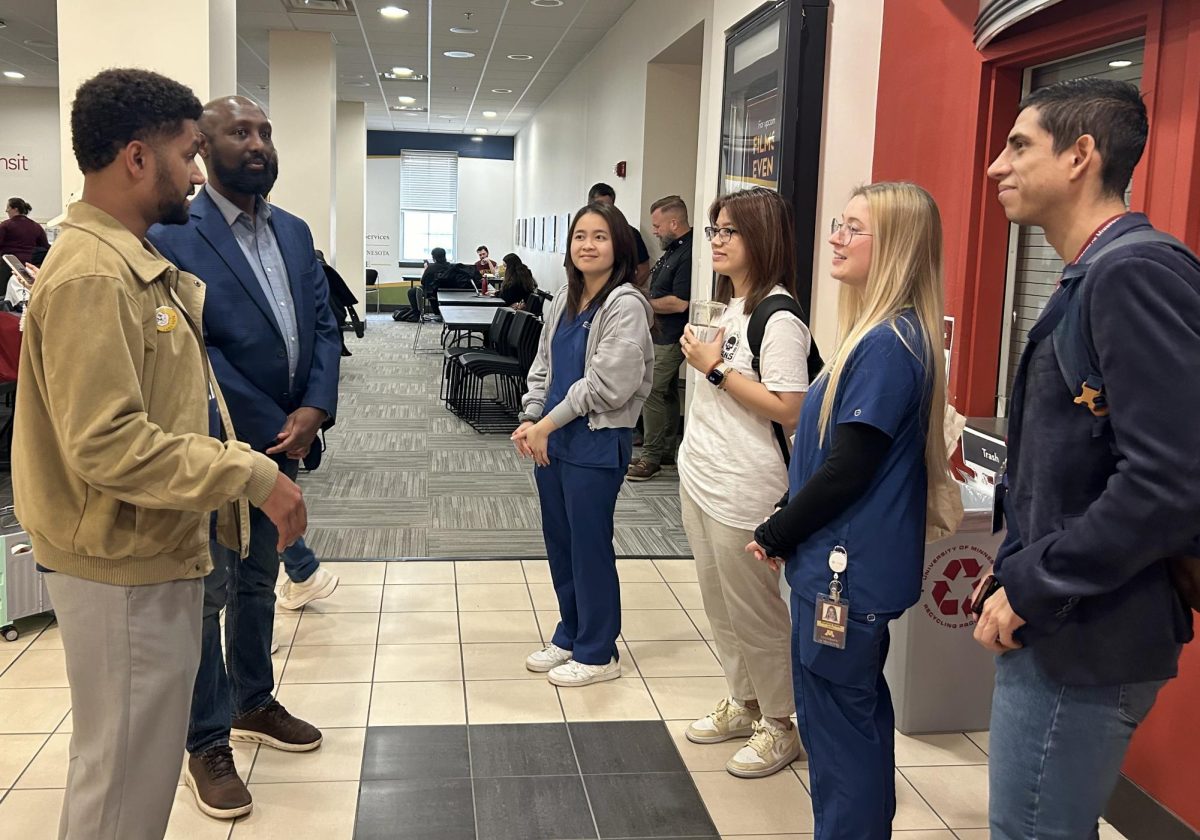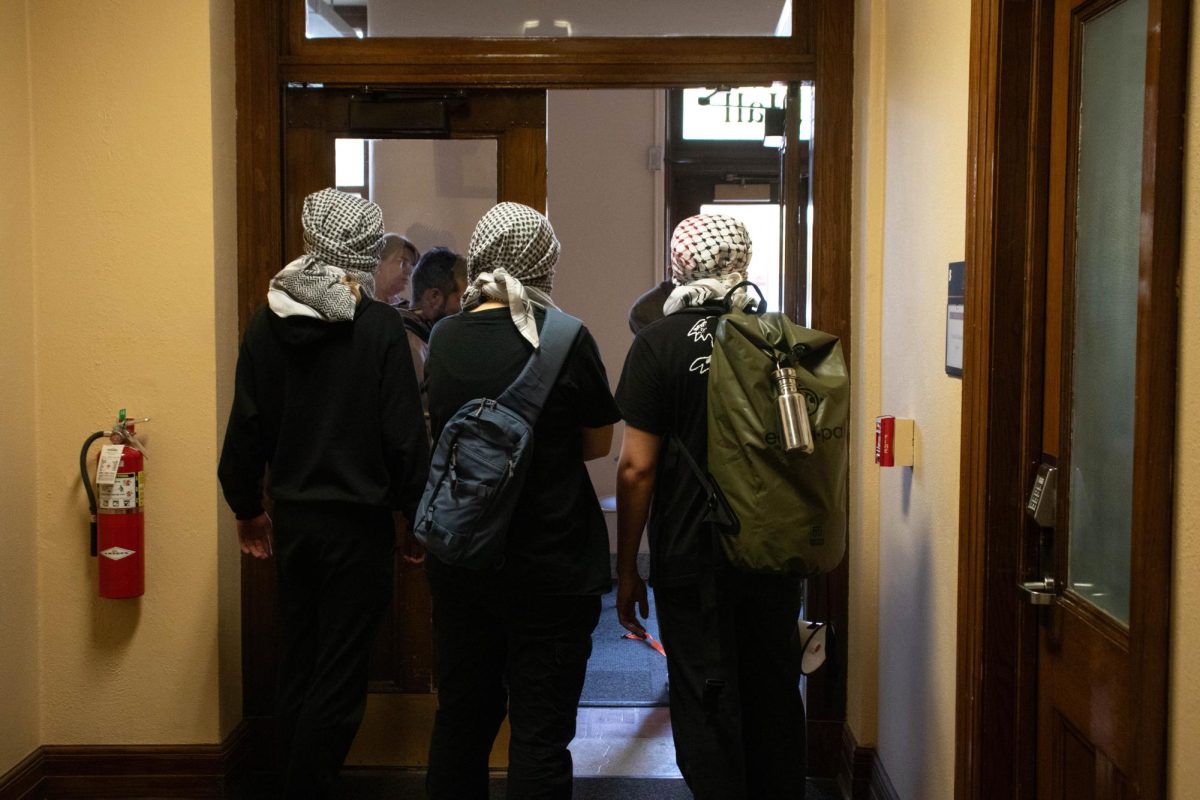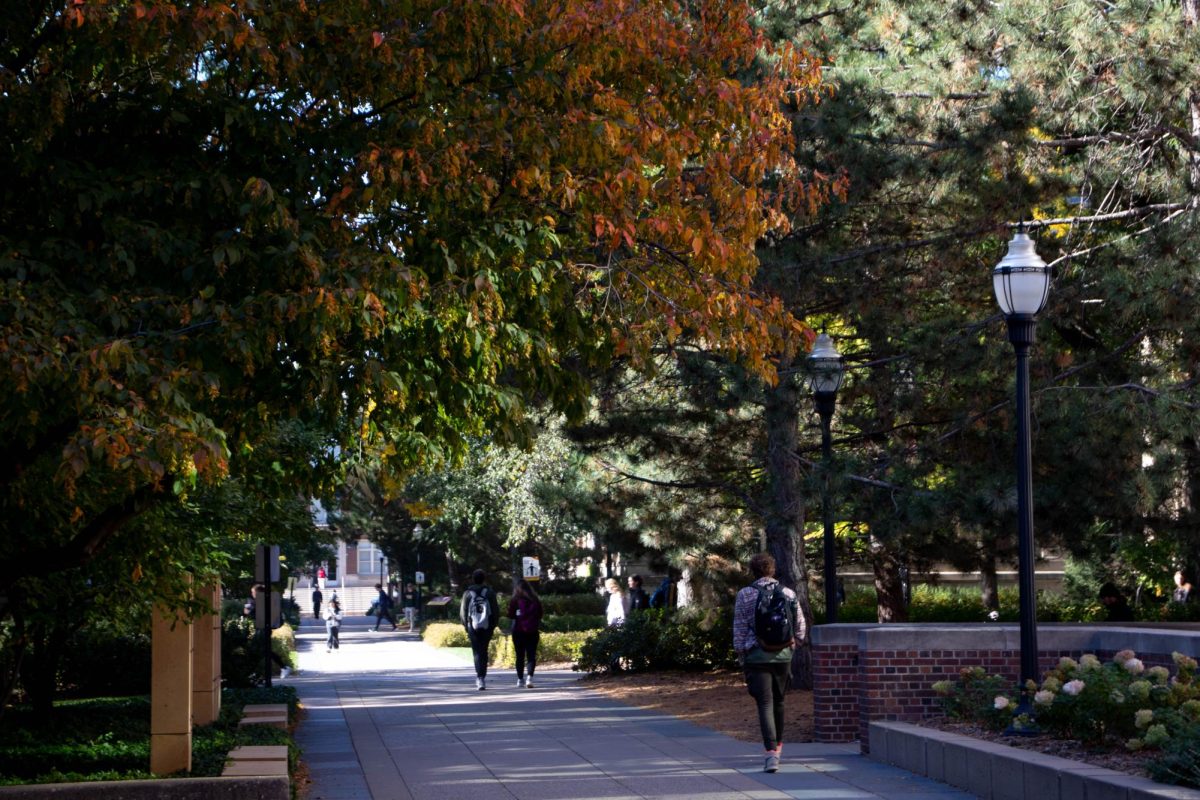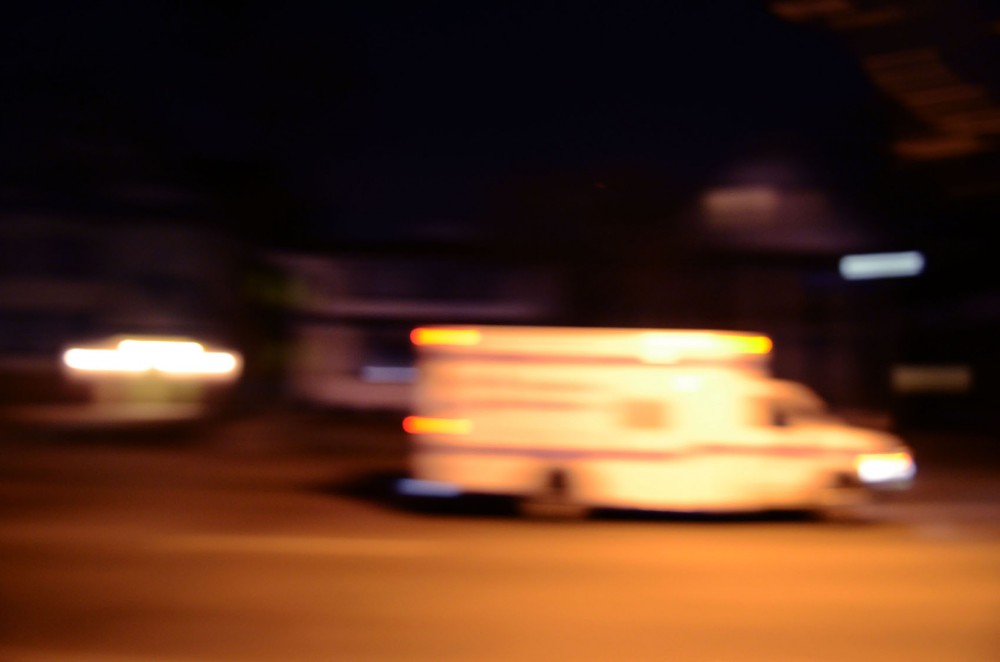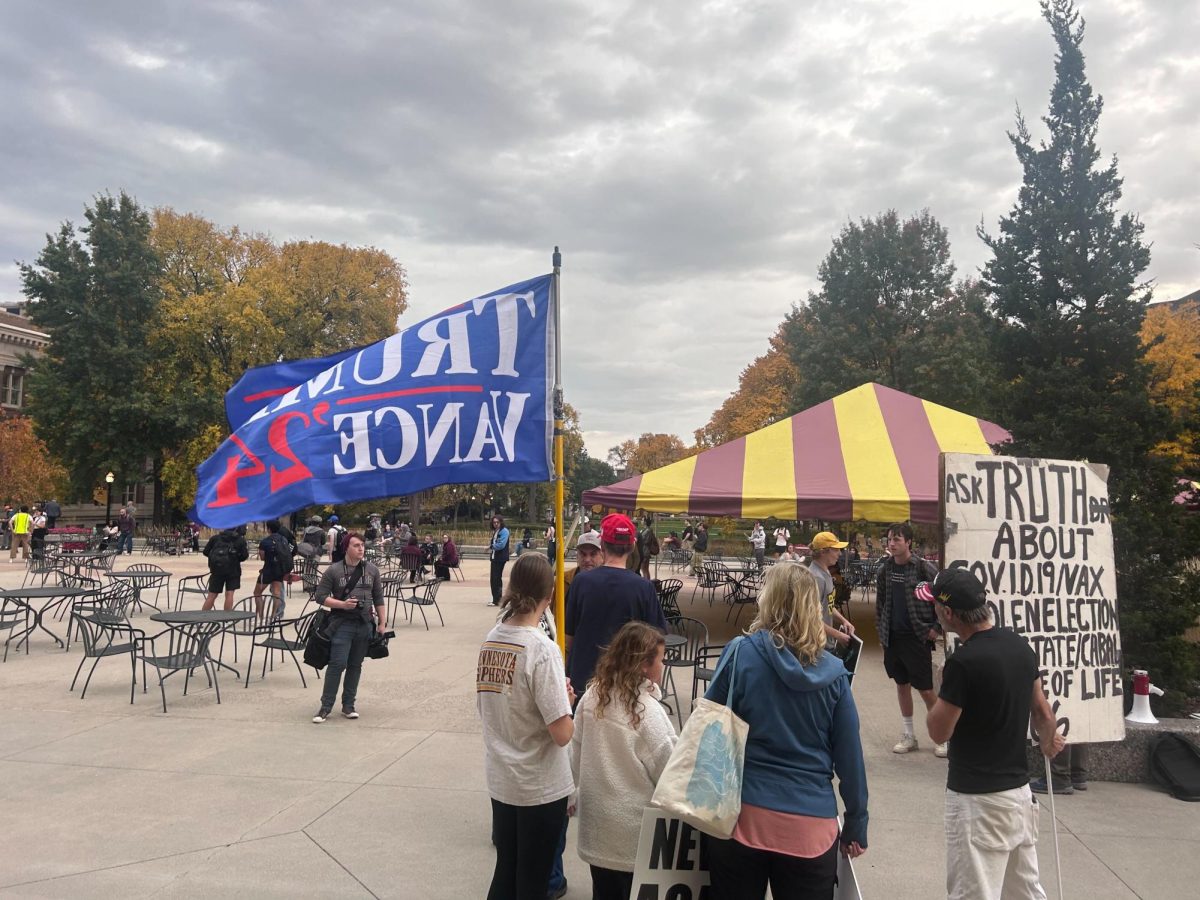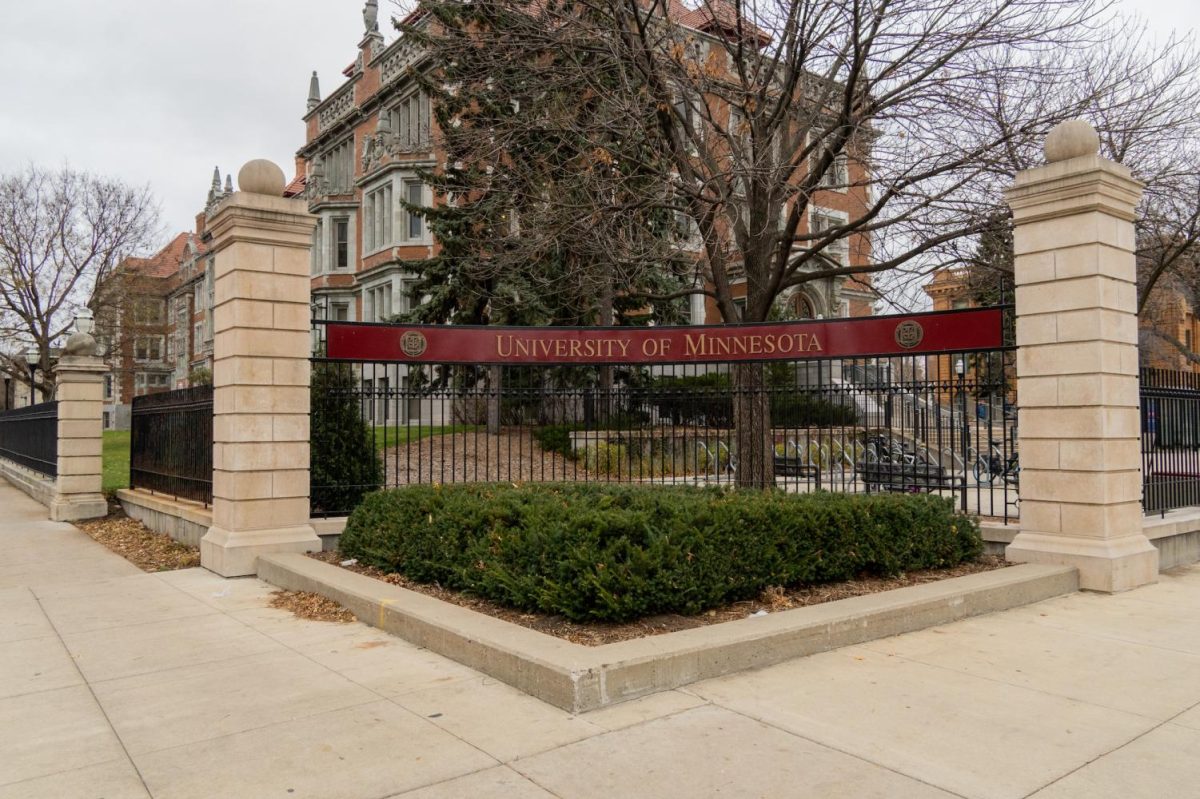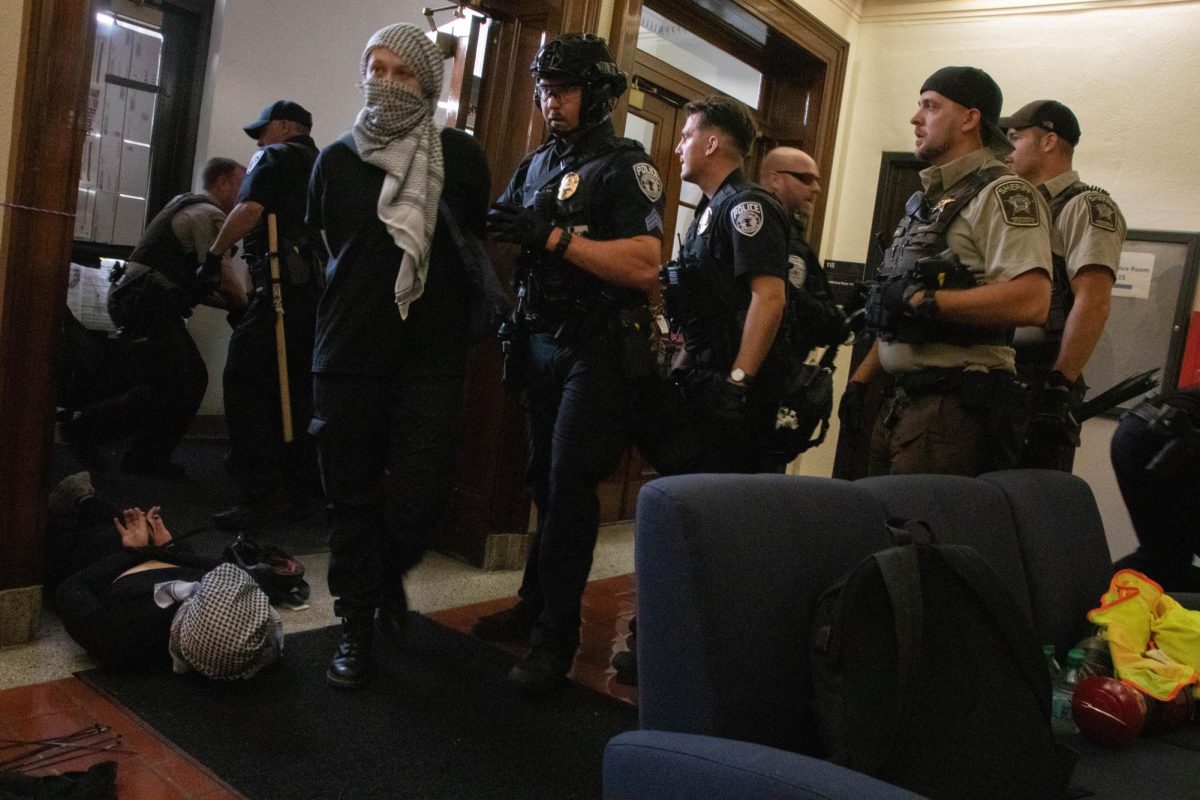Over summer 2022, the University of Minnesota campus faced numerous safety concerns, including a fire and explosion along University Avenue, evacuations due to a petroleum leak and a shooting and other disturbances at the Students’ Cooperative house on University Avenue.
The University has requested $10 million to address campus safety from the Minnesota Legislature in its supplemental budget request. On March 30, the House of Representatives Higher Education Finance and Policy Committee approved a bill including the University’s $10 million ask, split evenly between fiscal years 2024 and 2025. The bill still has to be passed by the House.
Outside of the Legislature, the University has taken steps over to address campus safety issues, including improving infrastructure, working with the city of Minneapolis and holding public safety forums.
The University held its latest safety forum on March 2 with President Joan Gabel, University of Minnesota Police Department (UMPD) Chief Matt Clark, Minneapolis Police Department Chief Brian O’Hara and Minneapolis City Council members Michael Rainville (Ward 3) and Robin Wonsley (Ward 2) as panelists.
UMN updates the community
At the safety forum, Gabel discussed what the University has done to improve safety conditions on campus. These changes include increasing security staff in parking facilities, adding security locks to buildings and bathrooms on campus that did not previously have them and improving the lighting in Dinkytown.
Gabel also announced the University recently hired eight new UMPD officers and ramped up the safety department’s communications team. The University is still hiring for more UMPD officers.
“Crime is trending down on campus and in our surrounding off-campus community,” Gabel said at the forum.
Gabel also highlighted Operation Gopher Guardian, a pilot program that launched in fall 2022 with the aim of increasing police presence during busy times in Dinkytown.
Toward the end of the forum, Myron Frans, the University’s senior vice president for finance and operations, provided new campus safety updates regarding the Students’ Co-op and the August gas leak.
The University is continuing to monitor the Students’ Co-op on University Avenue to ensure no further incidents take place on the property, he said at the forum.
“We’ve been working with Council Member Wonsley’s office, and we will make sure that as they seek a license to reopen, they adhere to all the safety requirements and regulations in the city of Minneapolis,” Frans said.
Frans also provided updates regarding the gas leak from over the summer. The Metropolitan Council discovered the source of the leak after investigating, Frans said, saying it was “miles away from the University.”
The University plans on continuing to work with the Metropolitan Council to respond to any unsafe gas incidents quickly and effectively, Frans said.
The Students’ Co-op remains unsettled
The owners of the Students’ Co-op, which was the site of a shooting in June 2022 and other disturbances in summer 2022, have continued efforts to repair the property and maintain the goal to open for students in fall 2023, CEO of the Co-op, Ellery Wealot, said.
“Anybody who’s been by the building the last month or two will probably have noticed that we started work in February,” Wealot said.
The many planned improvements to the property include acquiring a proper management company, maintaining 75% of residents are students, increasing the length of leases and increasing overall accountability.
“Obviously, what happened over the last two years at the Students’ Co-op was pretty bad and pretty traumatic for a lot of people, and so we’re really trying to make changes to the organization and to the structure,” Wealot said.
According to Wealot and Maria Anderson, a representative on the co-op board, the co-op wants to build a positive relationship with the University but said it has been difficult.
In 2022, after the shooting, the University announced intention to take over the property, which interrupted and stalled efforts to improve the co-op, Wealot said.
“They have more or less only impeded our progress at every step of the way,” Wealot said. “They did recently reach out to us again a few weeks ago and seemed like they were interested in moving forward in a more positive direction.”
With the new repairs to keep the co-op up to code and the application process kicking off for potential residents, the co-op is looking forward to the future, Anderson said.
“We could talk a lot about the goals, but actually just letting us live it out and make our behavior become what defines us is a better way,” Anderson said.
A deeper look into the fire and petroleum leak
After the fire and explosion in June 2022, the Metropolitan Council began investigating the cause. They found the incident was due to an excess of flammable liquid in the sewer system.
The Metropolitan Council worked with city officials, state agencies and the University to investigate the cause of the explosion and prevent similar events from happening in the future, according to a statement sent to the Minnesota Daily from Bonnie Kollodge, senior public relations manager for the Metropolitan Council.
“We’ve installed meters on campus that will alert safety officials if the concentration of a
flammable substance reaches a certain level,” Kollodge said.
The Metropolitan Council also worked to address the petroleum leak later that summer, which led to the evacuation of multiple sports complexes on campus.
“The Council and Minnesota Pollution Control Agency worked with the University on inspections, finding no evidence that the source or sources originated on campus,” Kollodge said.
The Metropolitan Council worked with Hennepin County to identify companies that could possibly be the source or sources of these leaks, Kollodge said.
“The investigation was thorough and rigorous,” Kollodge said. “We remain on the job.”


